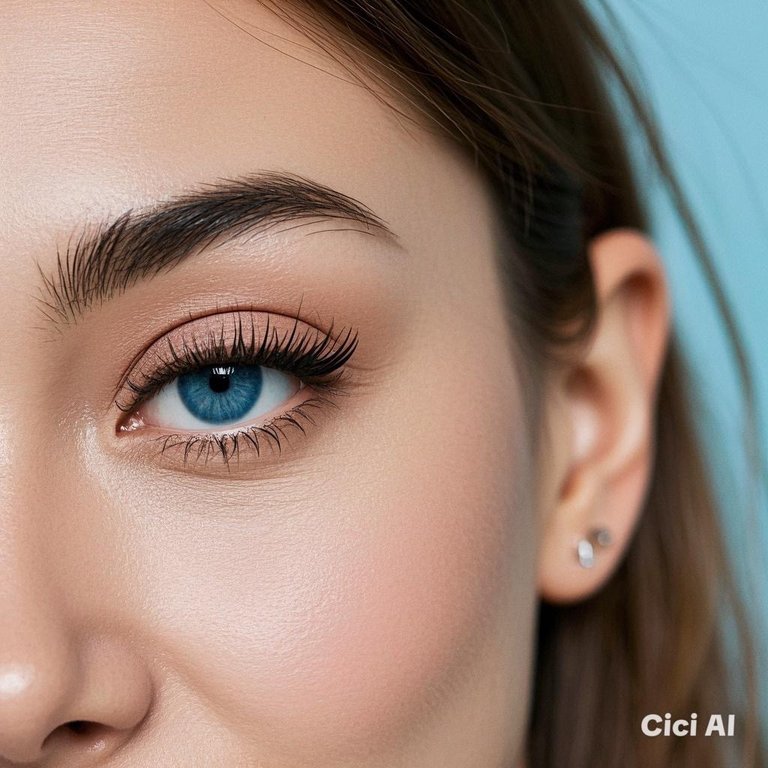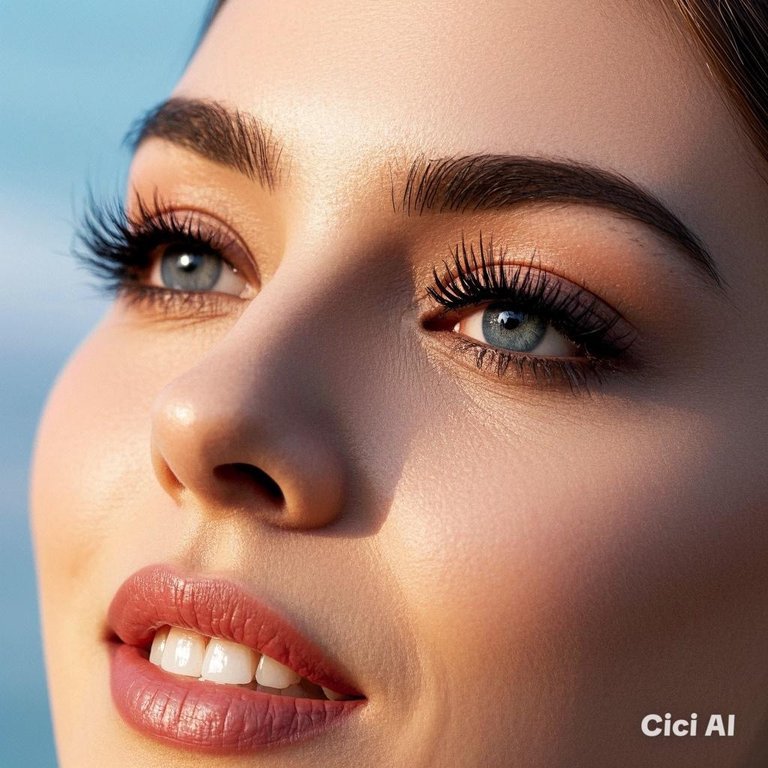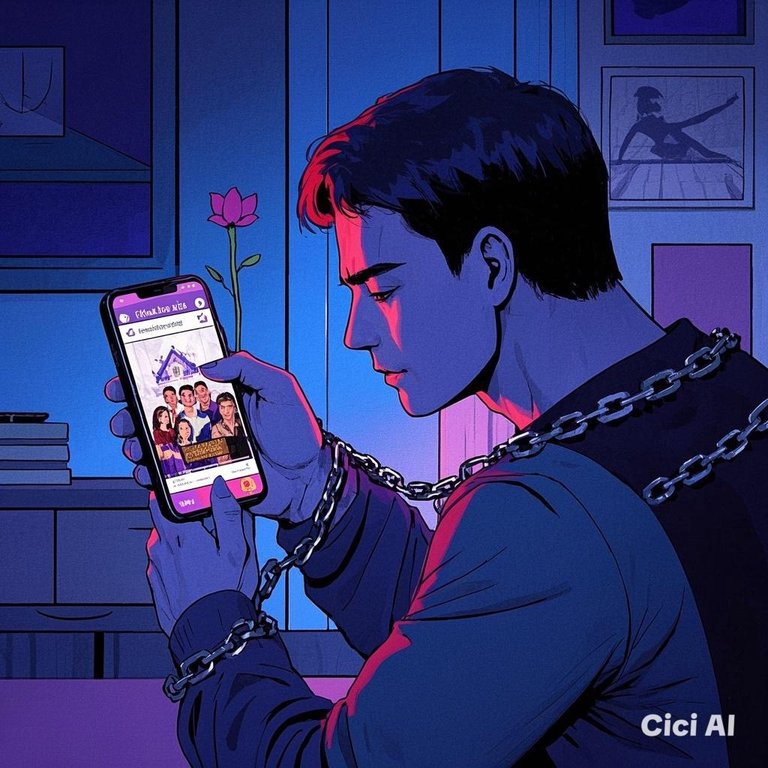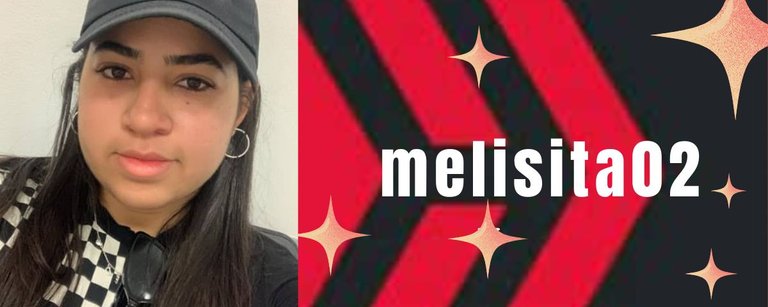Saludos amigos de #holos #lotus, espero estén todos bien, hoy les hablaré de uno de los 7 pecados.

El ser humano es inconforme por naturaleza y en mi corta vida, he conocido personas de todo tipo, buenas, malas y regulares. Entre ellas, por supuesto que ha habido algún que otro envidioso.
La envidia es una emoción o sentimiento complejo que surge cuando deseamos algo que otra persona posee (belleza, éxito, recursos, cualidades). Esto provoca resentimientos o malestar en la persona envidiosa que proyecta su vida en función de fastidiar a los demás.
Cultivar la envidia puede ocasionar amargura, baja autoestima y en muchos casos, puede dañar la relaciones humanas. En casos extremos, el " envidiador" llega a comportamientos destructivos, críticas constantes e infubdas y hasta sabotajes al prestigio de quienes considere necesario.

En lo personal, he sido víctima de personas envidiosas, y no porque tenga gran belleza, bienes ni cualidades excepcionales, sino por el simple hecho de tener unas pestañas que sobresalen la media de una persona normal.
Si, cuenta mi mamá que cuando nací, mis pestañas llamaban mucho la atención. Que estando en el cunero de neonatología, las personas me veían a través del cristal y corrían a preguntarle si ella era la madre de la niña pestañuda. Cuando crecí, en la escuela y en la calle siempre pensaban que tenía pestañas postizas.

Había una niña en el preuniversitario que estaba en mi aula, muy bonita, por cierto, que no soportaba que alguien tuviera algo que resaltara más que lo de ella. Así que un día se puso pestañas postizas y le decía a todo el mundo en la escuela que las mías también lo eran.

Entonces sucedió que esa envidiosa, por alguna mala manipulación, contrajo una severa infección en los ojos que la dejó casi ciega y la llevó hasta un salón de operaciones. Por suerte, recuperó la vista y de paso aprendió la lección de la peor manera. No en balde es aquél refrán que dice: " Hay a quien no le importa sacarse un ojo, con tal de ver a otro ciego".
La envidia surge, además, al descubrir y tomar conciencia de carencias propias. Genera deseos de que el otro fracase y está muy ligada a la autoestima y la inseguridad. No debe confundirse jamás con los celos, que no son más que el miedo a perder lo propio. En cambio, la envidia, el miedo a no tener lo ajeno.

Es inevitable que en ocasiones nos comparemos con otras personas en varios aspectos de la vida, pero eso no puede convertirse en una obsesión. Por eso, pienso que exiten dos tipos de envidia, la sana y la insana.
La sana actua como señal para identificar deseos o metas propias, motiva el crecimiento personal mediante la admiración al éxito ajeno.
La envidia insana se centra en demeritar los logros de los demás porque no se es capaz de obtener esos mismos logros. La envidia puede ser incómoda para ambas partes y nunca traerá bienestar ni felicidad a nuestras vidas.
Es muy común encontrar personas que no pueden ver que alguien compre algo nuevo para su casa o su persona sin querer tenerlo o comprarlos ellos también. Esa fea costumbre es muy frecuente entre colegas de trabajo, estudios y vecinos.
A continuación, les dejos tres tips de mejoramiento para envidiosos empedernidos:
1-Celebra el éxito ajeno como inspiración, no como competencia.
2-Enfócate en lo que tienes, no en lo que falta.
3-Ten claras tus metas, utiliza la envidia sana como brújula, no como ancla.

Texto de mi propiedad.
Imagen creadas en CiCi.


Greetings, friends of #holos #lotus, I hope you’re all doing well. Today, I’ll talk about one of the seven deadly sins.

By nature, humans are discontent, and in my short life, I’ve met all kinds of people—good, bad, and average. Among them, of course, there have been a few envious ones.
Envy is a complex emotion or feeling that arises when we desire something another person has (beauty, success, resources, qualities). This causes resentment or discomfort in the envious person, who projects their life toward annoying others.
Cultivating envy can lead to bitterness, low self-esteem, and in many cases, can damage human relationships. In extreme cases, the “envious” person resorts to destructive behaviors, constant unfounded criticism, and even sabotaging the reputation of those they deem necessary.

Personally, I’ve been a victim of envious people—not because I have great beauty, wealth, or exceptional qualities, but simply because my eyelashes stand out more than the average person’s. Yes, my mom says that when I was born, my eyelashes drew a lot of attention. While in the neonatal nursery, people would look at me through the glass and rush to ask her if she was the mother of the “lashy girl.” As I grew up, at school and on the street, people always thought I was wearing false eyelashes.

There was a girl in my pre-university class, quite pretty, by the way, who couldn’t stand anyone having something that stood out more than hers. So, one day, she wore false eyelashes and told everyone at school that mine were fake too.

Then it happened that this envious girl, due to some mishandling, contracted a severe eye infection that left her nearly blind and led her to an operating room. Fortunately, she regained her sight and learned her lesson the hard way. It’s no coincidence that there’s a saying: “Some people don’t mind losing an eye, as long as they see another go blind.”
Envy also arises when we become aware of our own shortcomings. It generates a desire for others to fail and is closely tied to self-esteem and insecurity. It should never be confused with jealousy, which is merely the fear of losing what’s yours. Envy, on the other hand, is the fear of not having what belongs to someone else.

It’s inevitable that we sometimes compare ourselves to others in various aspects of life, but this shouldn’t become an obsession. That’s why I believe there are two types of envy: healthy and unhealthy.
Healthy envy acts as a signal to identify our own desires or goals, motivating personal growth through admiration of others’ success.
Unhealthy envy focuses on devaluing others’ achievements because one is incapable of attaining the same. Envy can be uncomfortable for both parties and will never bring well-being or happiness to our lives.
It’s very common to find people who can’t stand seeing someone buy something new for their home or themselves without wanting to have or buy it too. This bad habit is very frequent among coworkers, classmates, and neighbors.
Here are three tips for chronic enviers:
1 Celebrate others’ success as inspiration, not competition.
2 Focus on what you have, not what you lack.
3 Be clear about your goals, using healthy envy as a compass, not an anchor.

Text are my property.
Images created in CiCi.

Congratulations @melisita02! You have completed the following achievement on the Hive blockchain And have been rewarded with New badge(s)
Your next target is to reach 1250 upvotes.
You can view your badges on your board and compare yourself to others in the Ranking
If you no longer want to receive notifications, reply to this comment with the word
STOPCheck out our last posts: